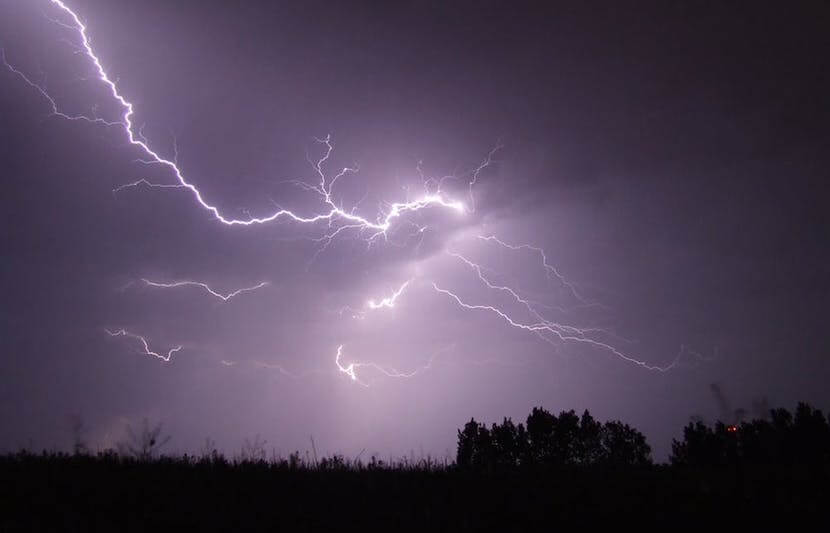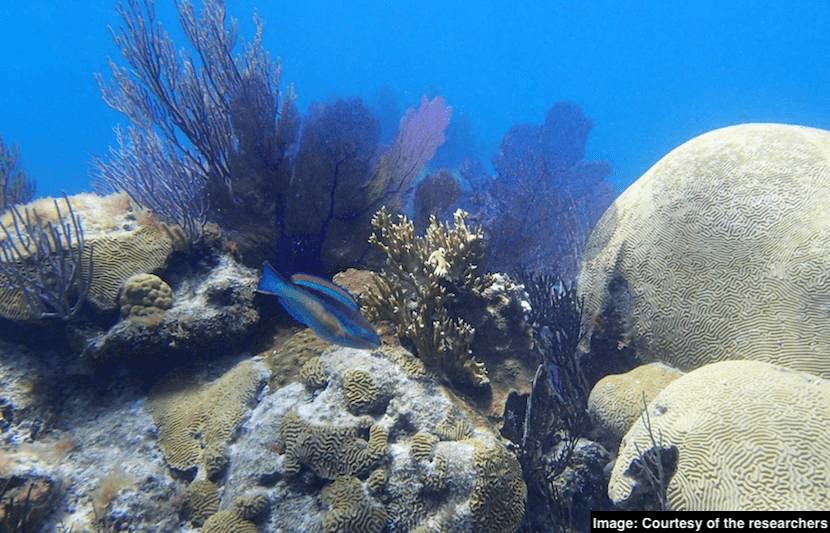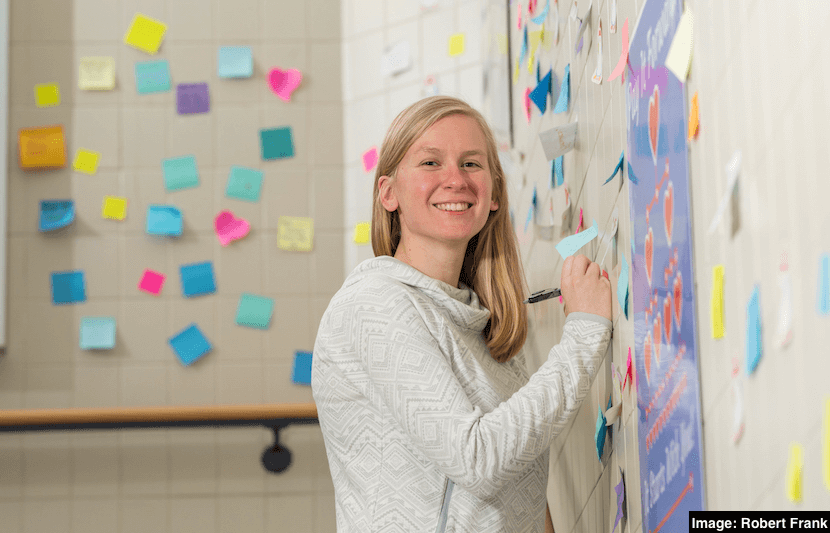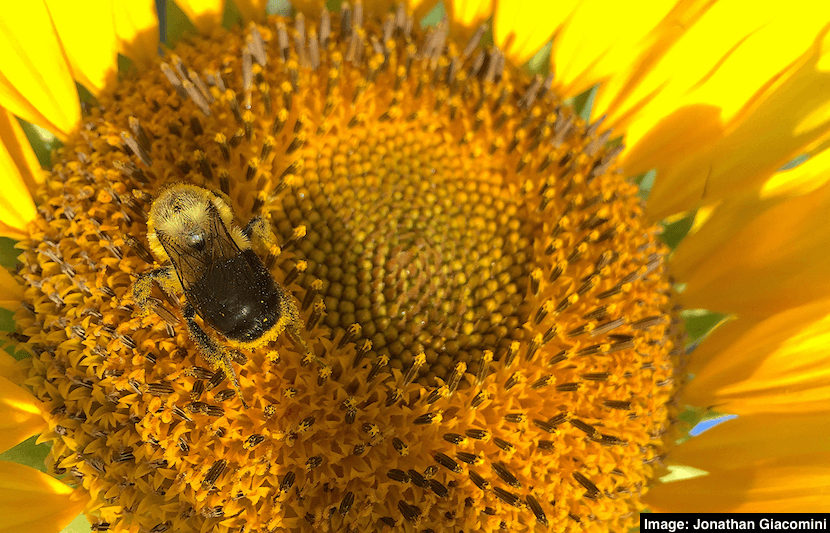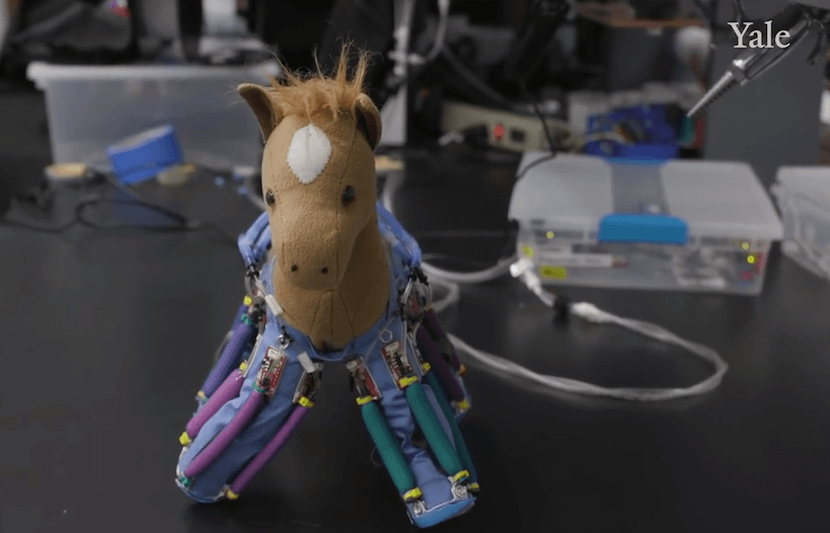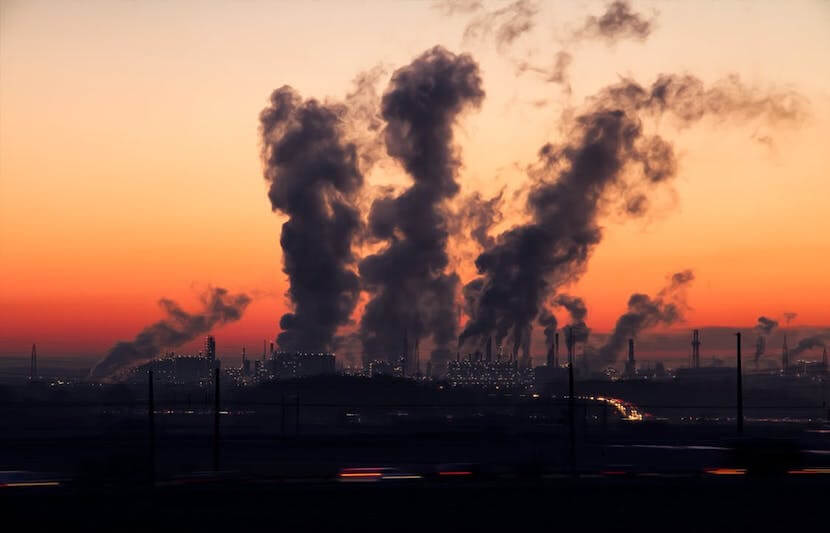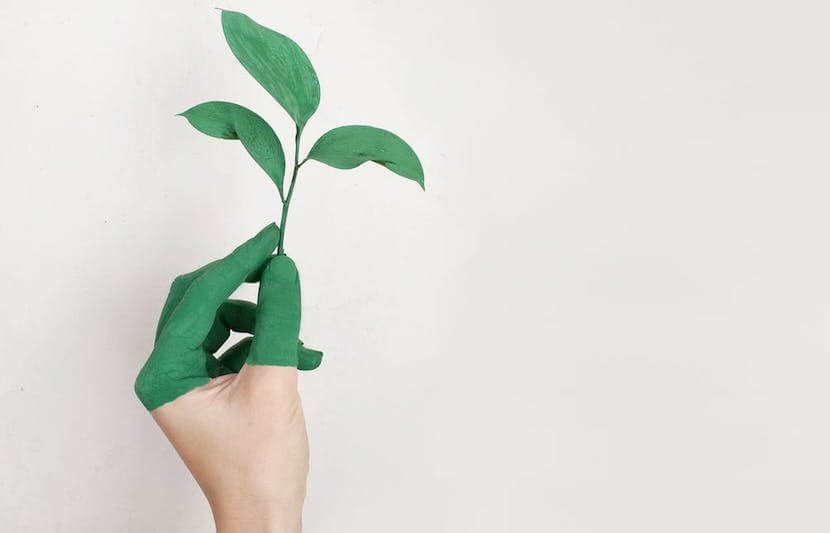-
Why Can’t Devastating Weather Events Convince Climate Skeptics?
Extreme weather events are becoming much more destructive. In the past six years Americans have experienced four of the five costliest hurricanes in U.S. history. But extreme weather events, alone, are not enough to convince skeptics that humans are causing climate change, researchers from the University of Exeter, University of Michigan and University of Texas… Read More
-
Women Killin’ It in AI
From autonomous vehicles to emergency response robots, machine-learning artificial intelligence is quickly entering our daily lives. AI is developing at impressive rates, and continues to aid in the improvement of medicine, engineering, robotics and entertainment. Each day scientists around the world are developing innovative new technology — ranging in diversity from flexible robots to algorithms… Read More
-
130-Year-Old Brain Coral Reveals Nitrogen Pollution Not As Bad as Previously Thought
Every year, hundreds of millions of tons of nitrogen fertilizers seep into nearby bodies of water, wreaking havoc on marine life by causing algal blooms and creating massive dead zones. However, while nitrogen pollution is increasingly recognized as an urgent threat to marine ecosystems in coastal areas across the world, little is known about how… Read More
-
Harassed, Hurt, But Now Paying Kindness Forward
4 a.m. Campus is dark. Everyone seems to be asleep. Almost everyone. A group of students swiftly moves around different residence halls and commons, leaves hundreds of snack bags at each building, and quickly disappears from the scene. Even Santa Claus can’t seem to match the students’ agility. Next morning, pleasantly surprised with anonymous snack… Read More
-
Smartphone System Can Detect Lead in Water
Researchers from the Cullen College of Engineering at the University of Houston have developed a novel system that makes it possible to detect lead in drinking water using a smartphone. The device is both low-cost and reusable, and may be available to consumers in the future. “We were inspired by the water crisis that happened… Read More
-
The Secret to Making Happiness Last Longer
Short-lived happiness may seem like a natural, frustrating part of life, but what if there’s a way to make feelings of enjoyment last longer? That is possible, according to researchers from the University of Minnesota and Texas A&M University, and it comes in the form of goal setting. The researchers explored how framing a goal… Read More
-
How Sunflower Pollen Can Save Declining Bee Populations
Declining bee populations could be saved by sunflower pollen, researchers from North Carolina State University and the University of Massachusetts Amherst find. Humans rely on bees for more than just honey. Food production, ecosystems and the economy are all dependent on the survival of our six-legged friends. For these reasons, scientists have been longing for… Read More
-
Atlantic Forest Mammal Population Devastated by Human Activity
Centuries of human activity in Brazil’s Atlantic Forest have cut its local mammal populations in half since the 1500s. This was the conclusion of a team of researchers from Brazil’s Universidade Federal de Santa Catarina and the UK’s University of East Anglia, whose paper is published in the journal PLoS ONE. Although the forest is… Read More
-
Disparities In Mental Health Services Leave Students of Color with Less Care
Among college students with clinically significant mental health problems, significantly less number of students of color received treatment than those of white students, a new study has found. The paper is published in the Journal of Adolescent Health. Students are aching inside Every year, the number of students in need of mental health assistance continues… Read More
-
Ice Caps Are Melting in Unheard-Of Ways
Sea-level rise may be the biggest threat posed by climate change. And that’s not breaking news. When global temperatures rise, glaciers and ice caps begin to melt at an accelerated rate. The water that melts off the frozen structures funnels into the ocean and increases sea levels. While melting ice isn’t the only factor that… Read More
-
New Robotic Skin Can Bring Everyday Objects to Life
As robotics quickly progress, robots are becoming increasingly capable of performing specific tasks at a very high level. But one important characteristic that many robots still lack is versatility. Even in today’s advanced field, robots are still generally rigid and only capable of performing specific tasks. Now, imagine a flexible robot that could be reprogrammed… Read More
-
Universities Show the World How to Erase Carbon Footprints
In April 2018, American University celebrated becoming the nation’s first carbon-neutral university, meaning the school emits no greenhouse gas to the atmosphere — either by not generating them in the first place or by offsetting any emissions. And American University has managed to accomplish its goal two years early. And it’s doing just fine —… Read More
-
Weed Killers Are Killing Bee Populations
The world wouldn’t be the same without bees, and not only because there wouldn’t be any honey to put in our tea. Bees are primarily responsible for pollinating one-third of the food humans consume each day. Food supplies, industries and national economies are all dependent on the survival of our six-legged friends. However, new research… Read More
-
Women Killin’ It in Sustainability Research
Sustainability research has become one of the most important fields in science, particularly as global populations continue to rise and earth’s resources are increasingly spread thin. Luckily, many brilliant minds are working to investigate topics such as clean energy, sustainable food systems, and climate change — and women are often at the forefront of such… Read More
-
Climate Change Costing US $250 Billion Annually
A recent report from the University of California San Diego (UCSD) shows that the U.S.’s economy will suffer worse from climate change than nearly any other country in the world. This groundbreaking research marks the first time scientists have measured the economic harm carbon dioxide (CO2) emissions pose on individual countries. The researchers calculated each… Read More


